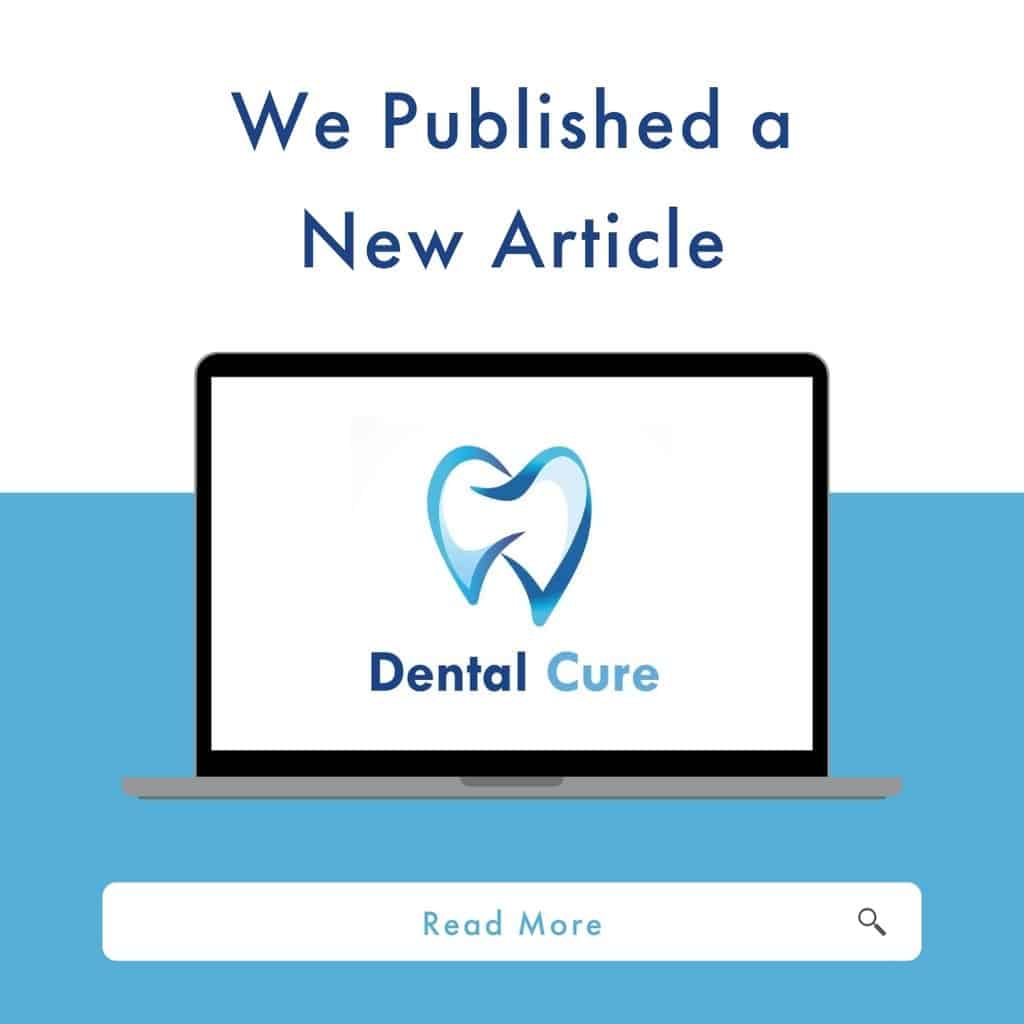
Blood-thinning medications play a vital role in preventing serious conditions such as heart attacks and strokes. However, if you are planning oral surgery, it is crucial to inform your dentist in Downers Grove about all medications you are taking. Proper communication ensures your safety and helps create a treatment plan tailored to your needs.
How Blood Thinners Work
There are two main types of blood thinners. Antiplatelet medications, such as aspirin and Plavix, work by preventing blood clot formation. Anticoagulants, including Coumadin (warfarin), reduce the blood’s ability to coagulate. While these medications are essential for your overall health, they can influence the way your body responds to oral surgery.
Why Sharing Your Medical History is Important
When preparing for oral surgery, it is important to provide your dentist with a comprehensive list of all the medications you are taking, including prescriptions, over-the-counter drugs, and supplements. A full understanding of your medical history allows the surgical team to make informed decisions about your care.
Your dentist may also ask about the specific purposes of the medications you take and any associated health conditions. This information helps identify potential risks or side effects that could affect the procedure.
Preparing for Oral Surgery
Never stop taking blood-thinning medications or any other prescribed treatments without consulting your physician. Depending on your situation, your doctor may recommend specific blood tests to evaluate your clotting ability before the procedure. Open communication between your physician and dental team is essential for ensuring a safe and effective treatment plan.
If additional medications are required for your surgery, be sure to discuss any potential interactions with both your physician and dental team.
Managing Bleeding After Surgery
Some bleeding is normal following oral surgery, but there are ways to minimize it:
- Apply firm, gentle pressure to the surgical area using gauze for up to 30 minutes.
- Avoid hot drinks or foods during the first 24 hours after the procedure.
- Stick to soft foods to avoid irritating or injuring the surgical site.
- Refrain from rinsing your mouth on the day of the surgery to prevent disrupting the healing process.
Partnering with Your Dental Team
Providing a thorough medical history and communicating openly with your dental team is critical when preparing for oral surgery. This ensures your treatment is safe, effective, and tailored to your unique needs.
If you have questions about how blood thinners or other medications may impact your oral surgery, contact Dental Cure. Our experienced team in Downers Grove is here to help guide you through the process and ensure a healthy outcome.









